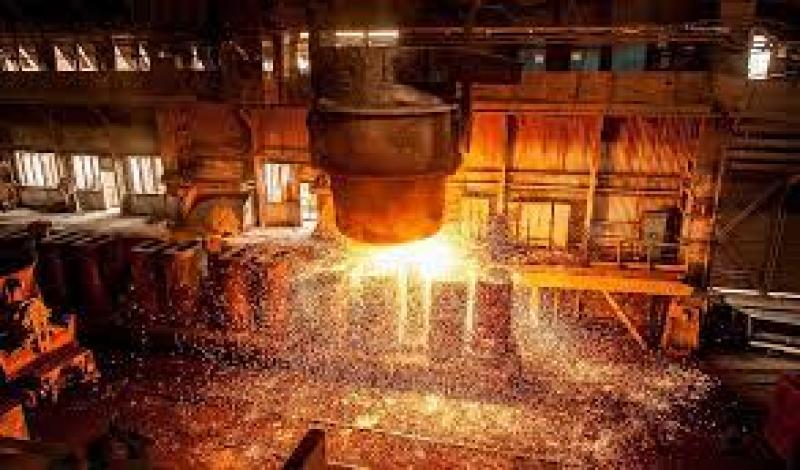In the realm of modern manufacturing, the significance of refractories cannot be overstated. These unassuming materials play a crucial role in shaping and sustaining industries worldwide. Refractories are high-temperature resistant materials used to line furnaces, kilns, reactors, and other processing units that are exposed to extreme heat and harsh chemical environments. Their ability to withstand intense temperatures without losing their shape or strength makes them indispensable in industries such as steel, cement, glass, ceramics, petrochemicals, and more.
One of the key features that makes refractories invaluable is their thermal stability. With the capacity to endure temperatures exceeding 2500°C, these materials provide a protective barrier, preventing heat loss and ensuring efficient energy usage. Consequently, they contribute significantly to the reduction of operational costs and environmental impact. Moreover, refractories play a vital role in enhancing the longevity of industrial equipment. By shielding furnaces and kilns from the corrosive effects of chemicals and extreme temperatures, they extend the operational lifespan of these critical assets, thus saving manufacturers from costly replacements.
Furthermore, refractories enable the processing of raw materials into essential products that define modern life. For instance, in the steel industry, refractory-lined furnaces facilitate the transformation of iron ore into steel, the backbone of infrastructure and machinery. The glass industry relies on refractories to manufacture everything from bottles to fiber optics, while the petrochemical industry uses refractory-lined reactors to produce a wide array of chemicals and fuels.
Despite their immense importance, the refractories industry constantly faces challenges. The harsh operating conditions demand continuous research and development to create new formulations with enhanced performance and longevity. Issues such as chemical attack, thermal shock, and mechanical stress require innovative solutions to ensure optimal performance. Collaboration between refractory manufacturers and industries is crucial to design and implement tailored refractory solutions that meet specific needs.
In conclusion, refractories stand as the silent guardians of modern industrial progress, fortifying the foundations of various sectors. As technology advances, and industries push the boundaries of temperature and chemical resistance, the evolution of refractories continues. Their remarkable ability to withstand extreme conditions, prolong equipment life, and enable essential manufacturing processes cements their status as indispensable materials that underpin modern society's infrastructure and economic growth.
